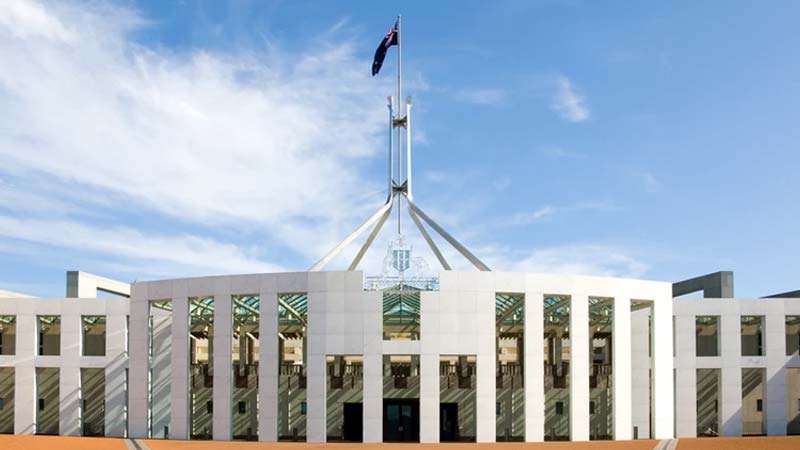Setting up the right structure for your business can be confusing. Sole traders, partnerships companies or trusts each have different legal and tax implications. Choosing the right structure now for how your business may evolve in the future isn’t easy.
While most business structures make general sense, trusts in particular are a little tricky to understand. A discretionary trust, typically used in family businesses, is becoming a popular business structure, mainly for the tax and legal implications, however it’s important everything is setup correctly to avoid getting in hot water with the ATO and the law.
By 2022, it is expected that over 1 million trusts will exist in Australia.
Australian Taxation Office Tweet
What is a trust?
A trust in its simplest form is a relationship. A relationship between two entities, a trustee and a beneficiary. The trustee holds assets (cash, property, investments etc) on behalf of (or in trust for) the beneficiaries.
Who is a trustee?
A trustee is an individual or legal entity (e.g. a company) who manages the trust according to the terms laid out in the trust deed. The trustee is legally responsible for managing the trust and distributing income to the nominated beneficiaries. A business owner can play the role of the trustee; however, it is more common that a company plays the role of the trustee to remove the personal liability from the individual business owner.
What is a beneficiary of a trust?
A beneficiary is again any individual or company nominated in the trust deed as a beneficiary. They are entitled to income from the trust on the terms set out in the trust deed. A trust can have more than one trustee and more than one beneficiary. A trustee can also be a beneficiary, just not the sole beneficiary.
What is a discretionary trust?
A discretionary trust means that the benefits distributed to the beneficiaries is at the ‘discretion’ of the trustee. Meaning the income distributed to each beneficiary can change at any time. If beneficiaries want certainty of income, a unit trust is an alternative trust structure which specifies the exact share of each beneficiary, much like shareholders in a public company.
What are the benefits of discretionary trusts?
For business owners, discretionary trusts might make sense if you want to:
- Distribute income to family members - As beneficiaries of the trust, family members can receive an income from the business whether they work in the business or not. This is not limited to family members, however receipt of income in a discretionary trust is at the sole discretion of the trustee. or trustees
- Minimise Tax - by distributing income from the trust to the beneficiaries, tax is paid by the individual on the portion of income received, potentially reducing the overall rate of tax payable by the trust. A trust can also be used to access a capital gains tax discount in some instances.
- Asset protection - Legal liability for the business is moved to the trust. And, if a company acts as the trustee, the business owners’ personal assets are protected should the business run into financial issues.
- Succession planning - A discretionary trust can allow a smoother transition to the next generation of business owner and a tax-effective business transfer.
What are the drawbacks of having a discretionary trust?
A trust is not something to enter into lightly without knowing all your rights and responsibilities. Things to be aware of are:
- Beneficiary Control - As a beneficiary of a discretionary trust there is no guarantee you will receive any income from the trust. This is at the sole discretion of the trustees.
- Setup and Administrative Costs - Fees for registering and completing the necessary paperwork along with accountant, lawyer or solicitor fees may make this structure cost prohibitive for smaller businesses.
- Regulatory Scrutiny - In 2017, the ATO announced a Tax Avoidance Taskforce focused specifically on the use of trusts for tax avoidance purposes. Audits of trusts have increased so it is important to ensure proper governance and that trusts are actioned in accordance with the current tax laws.
Discretionary trusts used for the right purpose to distribute income to relevant stakeholders of a business can be a great way to setup a growing or thriving business and also ensure that those same stakeholders, are personally protected from the liabilities of the trust. Trusts can be complex to understand so it pays to get the right advice so you don’t run afoul of the law unintentionally.
Saige Accountants and Financial Planning are familiar with all types of business structures and can advise on the tax implications of such a move for you personally and your business interests. Talk to us about your current or intended business structure so we can help you find the right structure for now and into the future.




